Beyond The Dojo: Analyzing The Themes In The Karate Kid Movies
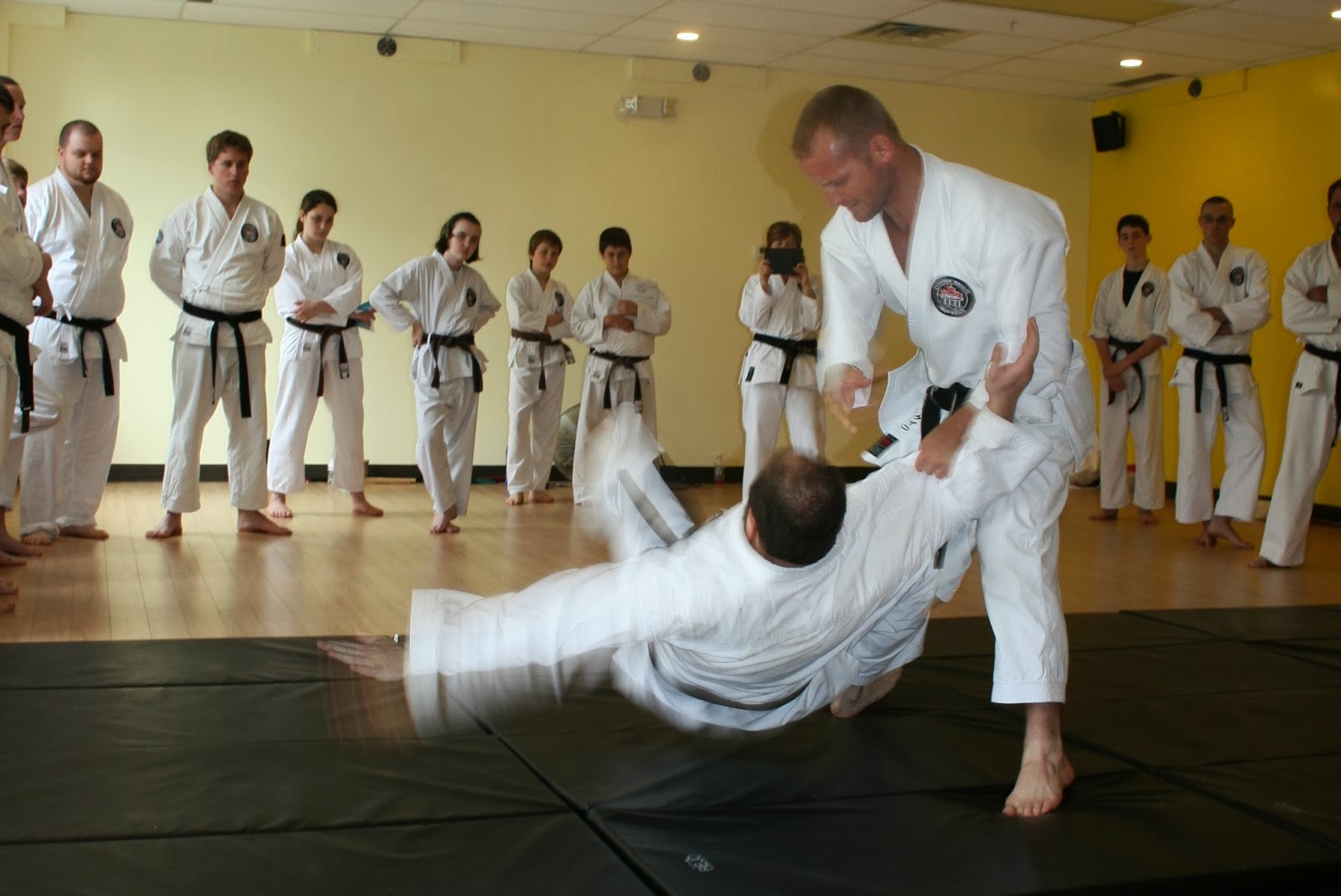
Table of Contents
The Power of Mentorship and Self-Discovery
Mr. Miyagi's guidance is central to Daniel LaRusso's journey of self-discovery. His unconventional teaching methods, often disguised as seemingly mundane chores, are instrumental in Daniel's personal growth. The Karate Kid lessons imparted are not just about karate, but about life itself.
- Miyagi's unconventional teaching methods: The famous "wax on, wax off" and "paint the fence" sequences are not simply odd tasks; they are carefully designed exercises in discipline, focus, and hand-eye coordination – essential elements for both karate and life. These techniques exemplify the Miyagi-do approach to self-improvement.
- Daniel's transformation from bullied outsider to confident individual: Daniel arrives in California as a vulnerable newcomer, quickly targeted by bullies. Through Miyagi's training, he transforms from a timid teenager into a self-assured young man capable of defending himself both physically and emotionally. This embodies the core message of personal growth within the Karate Kid franchise.
- The importance of patience, discipline, and perseverance: Miyagi constantly emphasizes the need for patience and discipline, qualities crucial for mastering karate and navigating life's challenges. Daniel's perseverance in the face of adversity is a testament to the power of these virtues, highlighting key The Karate Kid lessons.
- Exploring the father-son dynamic between Miyagi and Daniel: The relationship between Miyagi and Daniel transcends a simple teacher-student bond. It evolves into a deeply meaningful father-son relationship, providing Daniel with the paternal guidance he lacks. This mentorship forms the emotional core of the film. This aspect reinforces the themes of personal growth and the crucial impact of positive role models.
Overcoming Bullying and Prejudice
The Karate Kid movies don't shy away from addressing the pervasive issue of bullying. Johnny Lawrence and the Cobra Kai dojo serve as symbols of aggression and intolerance, highlighting the destructive consequences of unchecked aggression. Daniel's experience shines a light on the complexities of social dynamics.
- Johnny Lawrence and the Cobra Kai dojo as symbols of aggression and intolerance: Cobra Kai represents a toxic environment where aggression and bullying are not only tolerated but actively encouraged. This provides a stark contrast to the principles of Miyagi-do.
- Daniel's initial vulnerability and his gradual empowerment: Daniel's journey showcases the transition from victim to survivor. He learns to defend himself, not only physically but also emotionally and psychologically, demonstrating the importance of self-empowerment in overcoming bullying in The Karate Kid.
- The film's commentary on social dynamics and the consequences of bullying: The film offers a commentary on social hierarchies, the dynamics of power, and the devastating impact bullying can have on individuals and communities. It explores the social commentary present in the original film.
- The importance of standing up for oneself and fighting injustice: Daniel's ultimate victory isn't just about winning a karate tournament; it's about standing up for himself and fighting against injustice. This is a powerful message about overcoming adversity.
- Exploring themes of social class and cultural differences: The film subtly touches upon issues of social class and cultural differences, illustrating how prejudice can manifest in various forms and how understanding and empathy can help bridge these divides.
The Importance of Balance and Harmony
The Karate Kid philosophy emphasizes the importance of balance and harmony—not just in karate, but in life. Miyagi-do Karate is presented as a path to self-defense and self-improvement, built on respect and discipline.
- Miyagi-do Karate's emphasis on self-defense and respect: Unlike the aggressive Cobra Kai style, Miyagi-do emphasizes self-defense as a last resort and promotes respect for oneself and others. This highlights the importance of harmony and peace.
- The contrast between the aggressive Cobra Kai style and the peaceful Miyagi-do approach: The stark contrast between the two dojos exemplifies the different paths one can take in life—one leading to violence and conflict, the other to peace and self-mastery.
- The connection between karate and mindfulness: Miyagi's training incorporates elements of mindfulness and meditation, highlighting the connection between physical and spiritual well-being. This emphasizes the importance of spiritual growth and mindfulness.
- The significance of balance in life, both personally and spiritually: The film illustrates the need for balance in all aspects of life, emphasizing the importance of harmony between physical strength, mental discipline, and spiritual awareness. This core message emphasizes the overarching theme of balance in the Karate Kid philosophy.
The Enduring Legacy and Modern Relevance of The Karate Kid Themes
The Karate Kid franchise continues to resonate with audiences today, demonstrating the enduring power of its core themes. The Cobra Kai series serves as a testament to the film's lasting impact.
- The enduring appeal of the underdog story: Daniel's journey from outsider to champion continues to resonate with viewers who identify with his struggle and triumph.
- The relevance of themes like bullying and self-discovery in today's world: The issues of bullying and self-discovery remain highly relevant in contemporary society, making the film's message timeless.
- The impact of the Karate Kid franchise on popular culture: The franchise has had a significant impact on popular culture, influencing numerous films, TV shows, and even video games.
- The Cobra Kai series as a continuation and expansion of these themes: Cobra Kai expands on the original film's themes, offering a mature and nuanced exploration of the characters and their conflicts, showcasing the enduring legacy and modern relevance of the Karate Kid themes.
Conclusion:
The Karate Kid movies, while ostensibly about karate, offer a profound exploration of universal themes. From mentorship and self-discovery to overcoming adversity and finding balance, these films deliver timeless messages that resonate with audiences of all ages. By examining the intricate tapestry of themes woven throughout the franchise, we gain a deeper appreciation for its enduring popularity and its lasting impact on popular culture. Explore the rich symbolism and powerful lessons hidden within these iconic films – delve deeper into the Karate Kid themes and discover the wisdom within.

Featured Posts
-
 Zimbabwe Test England Announces Final Squad
May 23, 2025
Zimbabwe Test England Announces Final Squad
May 23, 2025 -
 Royal Albert Hall To Host Grand Ole Oprys First Ever International Show
May 23, 2025
Royal Albert Hall To Host Grand Ole Oprys First Ever International Show
May 23, 2025 -
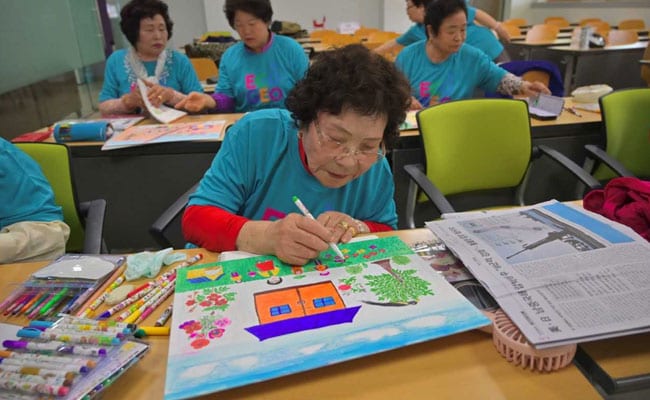 The Who An Octogenarian Rock Stars Life
May 23, 2025
The Who An Octogenarian Rock Stars Life
May 23, 2025 -
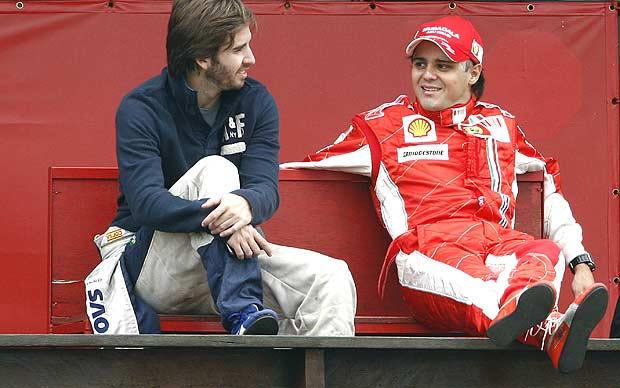 Egan Bernals Recovery A Detailed Look At His Life Threatening Crash
May 23, 2025
Egan Bernals Recovery A Detailed Look At His Life Threatening Crash
May 23, 2025 -
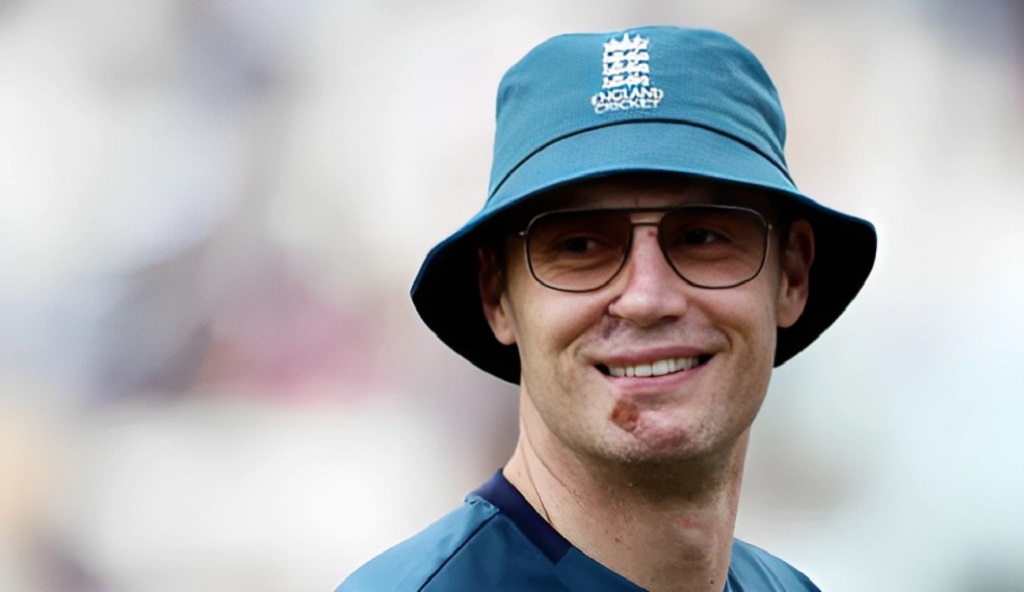 Freddie Flintoff Face Injury Update In New Disney Film
May 23, 2025
Freddie Flintoff Face Injury Update In New Disney Film
May 23, 2025
Latest Posts
-
 New Netflix Dark Comedy Series With Kevin Bacon And Julianne Moore A Sneak Peek
May 23, 2025
New Netflix Dark Comedy Series With Kevin Bacon And Julianne Moore A Sneak Peek
May 23, 2025 -
 Did House Of The Dragons Milly Alcock Get An Acting Coach
May 23, 2025
Did House Of The Dragons Milly Alcock Get An Acting Coach
May 23, 2025 -
 Netflix Unveils New Drama Series Featuring White Lotus Star And Oscar Winner
May 23, 2025
Netflix Unveils New Drama Series Featuring White Lotus Star And Oscar Winner
May 23, 2025 -
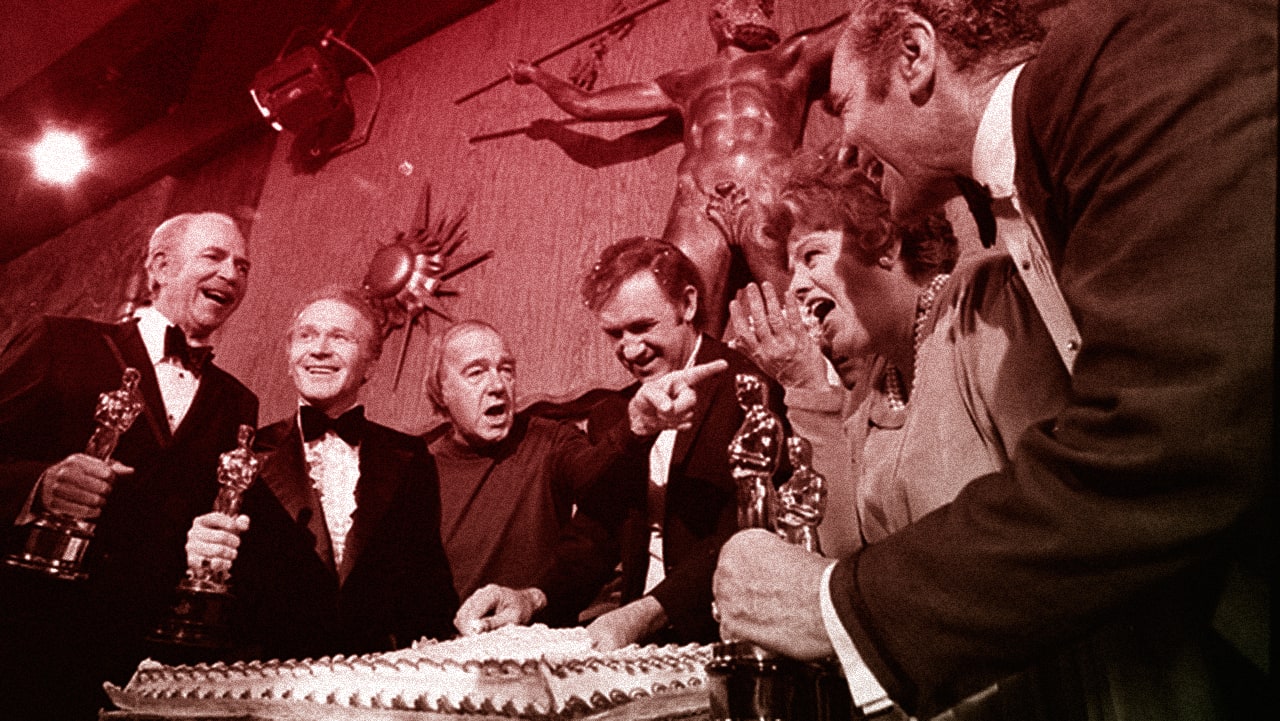 Oscar Winner And White Lotus Star Team Up For Netflixs Next Big Drama
May 23, 2025
Oscar Winner And White Lotus Star Team Up For Netflixs Next Big Drama
May 23, 2025 -
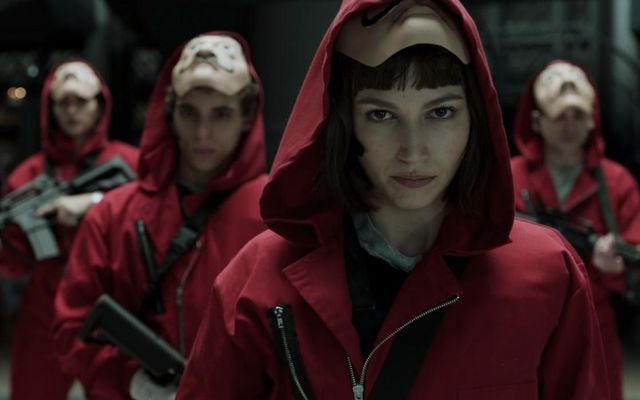 Un Nou Serial Netflix Cu O Distributie Demna De Oscar
May 23, 2025
Un Nou Serial Netflix Cu O Distributie Demna De Oscar
May 23, 2025
